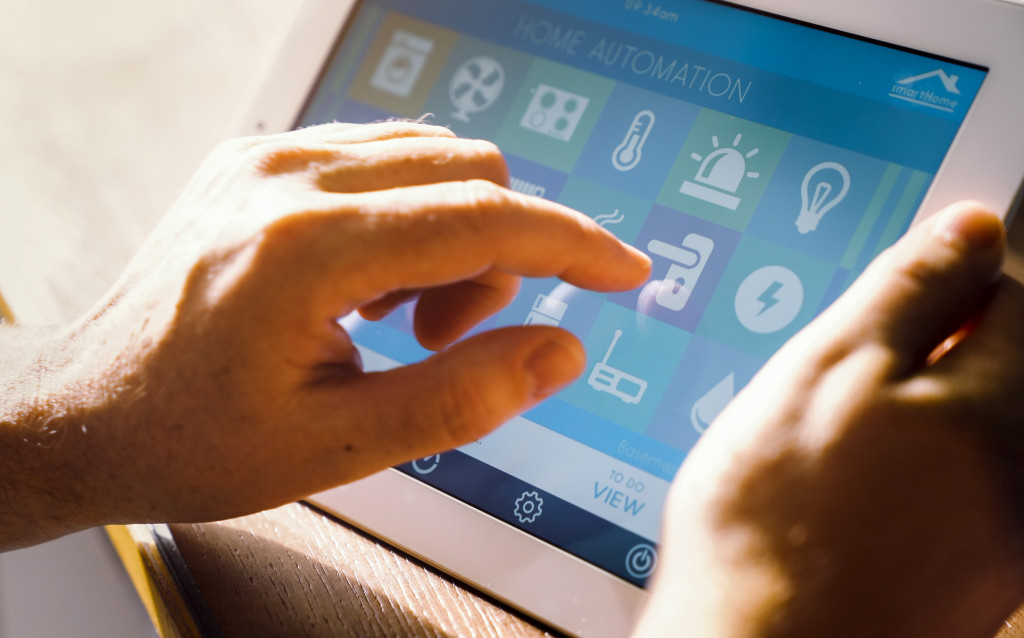When it comes to smart homes, there’s a lot of hype and misinformation out there. Most people are fooled into thinking that a smart home will instantly make their lives easier — but this isn’t always the case. People are often disappointed with the results because they didn’t set their expectations appropriately.
There are plenty of benefits to having a smart home, but you need to keep some things in mind before making the switch. This way, you won’t feel blindsided whenever something in your smart home doesn’t exactly work the way you thought it would.
Setting your expectations appropriately will save you a lot of headaches and frustration throughout your smart home journey. Here are some of the most important things to consider before making the switch:
Make sure your all devices are compatible
Although there are many smart home devices on the market these days, they’re not all compatible with one another. Some people end up purchasing a device that’s supposed to interact with their smart home system, only to discover later that it won’t work.
New technology may seem fascinating, but if you don’t keep in mind that it might not be compatible with all devices, you could end up wasting a lot of your time and money. So, if you’re considering purchasing a smart home device, make sure that you do your research to ensure that it will work with the system you already have.
Set realistic expectations about home automation
If you’ve ever seen a commercial about the fantastic things that smart homes can do, you might be under the impression that it’s some magical system that will do whatever you want, whenever you want. This isn’t necessarily the case; in reality, these systems can be pretty annoying and even dangerous if they aren’t set up correctly.
For a smart home to work well, you need to be realistic about how much you expect from it. For example, if you have kids, then you might set your expectations too high by expecting a smart home to turn off all the lights, lock the doors, and turn on a television for them. This just isn’t realistic — you’re better off having an old-fashioned evening where you play with your kids until they go to bed.
Keep the upfront and upkeep costs in mind
A smart home can be expensive to set up and maintain. Not only that but you’ll probably be charged a monthly fee to use the technology. For example, if you want a smart home that can manage your energy use, you’ll need to pay a monthly fee for those smart appliances.
Just make sure that the benefits of the smart home system outweigh the costs before you buy it. Of course, the advantages of smart technology are plenty, but you’ll need to consider whether they’re worth it for your particular situation. If you conclude that they are, then go ahead and make the purchase.
But don’t forget about the benefits
Many people neglect to consider how much a smart home can help them. Sure, it may seem like more of a hassle in the beginning, but it can definitely be worth it if you know how to use it well. If you have a large family or you work from home, the convenience of a smart home can be priceless.
For example, a smart home with an energy management system means no more worrying about paying your utility bill. It can also unlock doors for you, turn off lights when no one is around, and even provide entertainment when you get home. Or, if you have an access control system, you can give temporary, secure access to family members and friends even when you’re not around.
If you take the time to set your expectations appropriately, having a smart home can make your life much easier. Don’t let these things scare you — just consider them before making the switch.
The Secret to a Positive Smart Home Journey

Don’t get fooled by the hype or spite surrounding smart homes. If you keep these things in mind when you make your purchase, you’ll be much more likely to have a positive experience. You can benefit from a smart home system as long as you recognize that it’s not a cure-all for all your problems.
To have the best experience, always set your expectations appropriately. This means not buying into the idea that smart technology is a magical, one-size-fits-all solution. Instead, like other modern innovations, smart homes are most effective when they fit in with your life and lifestyle.

